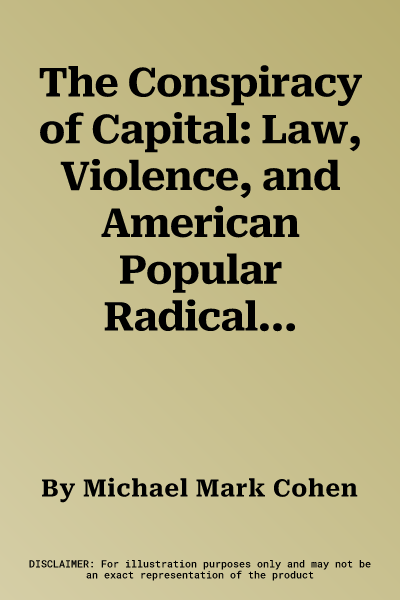Michael Mark Cohen
(Author)The Conspiracy of Capital: Law, Violence, and American Popular Radicalism in the Age of MonopolyHardcover, 7 June 2019

Qty
1
Turbo
Ships in 2 - 3 days
Only 3 left
Free Delivery
Cash on Delivery
15 Days
Free Returns
Secure Checkout

Print Length
356 pages
Language
English
Publisher
University of Massachusetts Press
Date Published
7 Jun 2019
ISBN-10
1625344007
ISBN-13
9781625344007
Description
Product Details
Author:
Book Format:
Hardcover
Date Published:
7 June 2019
Dimensions:
23.11 x
15.75 x
3.05 cm
ISBN-10:
1625344007
ISBN-13:
9781625344007
Language:
English
Location:
Amherst
Pages:
356
Publisher:
Weight:
612.35 gm